Tag: medicine
-
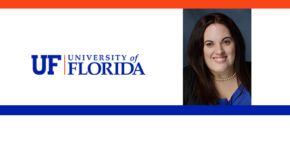
Jenny Wilkerson, University of Florida – CBD
Can CBD be used to treat pain in humans without getting them high? Jenny Wilkerson, research assistant professor in the department of pharmacodynamics at the University of Florida, looks into this question. Jenny Wilkerson, Ph.D., joined the University of Florida College of Pharmacy in November 2017 as a research assistant professor in the department of…
-

Chad Painter, University of Dayton – Newspaper Coverage of Opioid Addiction
On University of Dayton Week: How newspapers report on an issue can have a big impact. Chad Painter, assistant professor of communication, describes how. Chad Painter is an assistant professor of communication at the University of Dayton, where he teaches courses in journalism and mass communication. He studies media ethics with emphases on the depiction…
-
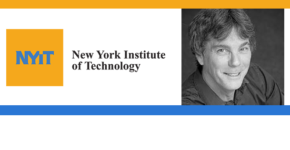
Kurt Amsler, New York Institute of Technology – Averting the Imminent Physician-Scientist Shortage
Medical innovations are on a downward trend. Kurt Amsler, professor of biomedical sciences at the New York Institute of Technology, explores why. Throughout his career, Kurt Amsler has focused his research on epithelial physiology, with a particular emphasis on renal physiology. His research has covered multiple areas including basic epithelial transport physiology, cystic fibrosis, polycystic…
-
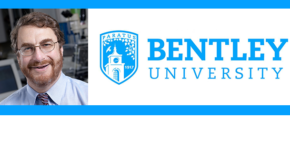
Fred Ledley, Bentley University – What Does Academic Research Contribute to New Medicines
Academic research can provide a big benefit to our health. Fred Ledley, professor in the department of natural & applied sciences at Bentley University, explores how basic research can be an essential step in finding new medicines. Dr. Ledley is an opinion leader in the integration of science, business, and education. He has extensive experience…
-
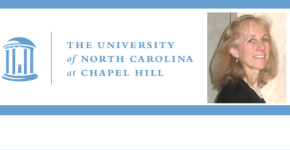
Janet Rubin, University of North Carolina Chapel Hill – Osteoblasts
Hitting the gym can pump up your muscles, and also your skeleton. Janet Rubin, Professor of Medicine, Division of Endocrinology and Metabolism at the University of North Carolina Chapel Hill, explains exercise can determine whether stem cells become bone or fat. My cell and molecular biological investigations over the last 20 years have been aimed…
-
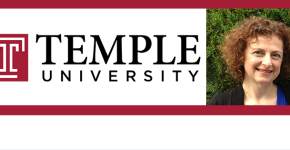
Miriam Solomon, Temple University – Precision Medicine
If you have a certain disease, you get a certain medical treatment. Right? Miriam Solomon, professor of philosophy at Temple University, explains how precision medicine may change this way of thought. Professor Solomon works in the areas of philosophy of science, social epistemology, medical epistemology, medical ethics and gender and science. She is the author…
-
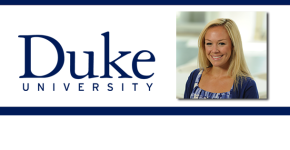
Emily O’Brien, Duke University – AFib
Atrial fibrillation is all too common. Emily O’Brien, a medical instructor in the Department of Medicine at Duke University Medical Center and the Health Services Research group at the Duke Clinical Research Institute, is working to treat the cardiac condition. Dr. O’Brien’s primary research focus is care delivery and outcomes in observational cardiovascular disease cohorts,…
-
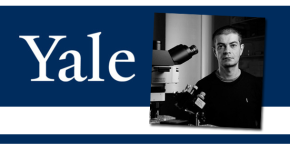
Ivan de Araujo – Yale University – Craving Calories
Are humans hard-wired to crave sweet treats? Dr. Ivan de Araujo, an associate professor of psychiatry at the Yale University School of Medicine, is analyzing the relationship our brain chemistry shares with the sugary snacks everyone loves. A natural of São Paulo, Brazil, Ivan de Araújo attended the University of Brasilia, from where he received his BA (Philosophy) and MA…
-
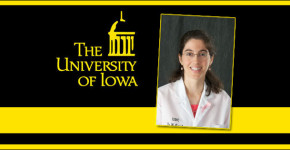
Helena Laroche, University of Iowa – Healthier Concession Stands
When attending a sporting event, snacking on a hot dog or grabbing a soda at the game is a long standing spectator tradition. Helena Laroche, assistant professor of internal medicine at the University of Iowa, made some changes to the menu during selected sporting events and studied the results. Dr. Helena Laroche is an assistant…
-
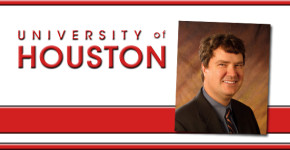
Richard Willson, University of Houston – Smartphone Medical Apps
You may have a highly advanced medical detection device in your pocket right now! Along with colleague Jiming Bao, Richard Willson is working to turn smartphones into precision detectors of viruses and disease. Richard Willson is the Huffington-Woestemeyer professor of chemical and biomolecular engineering and a professor of biochemical and biophysical sciences at the University…
